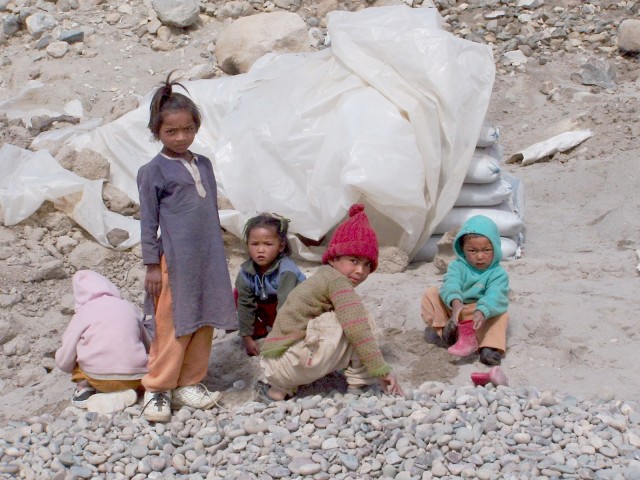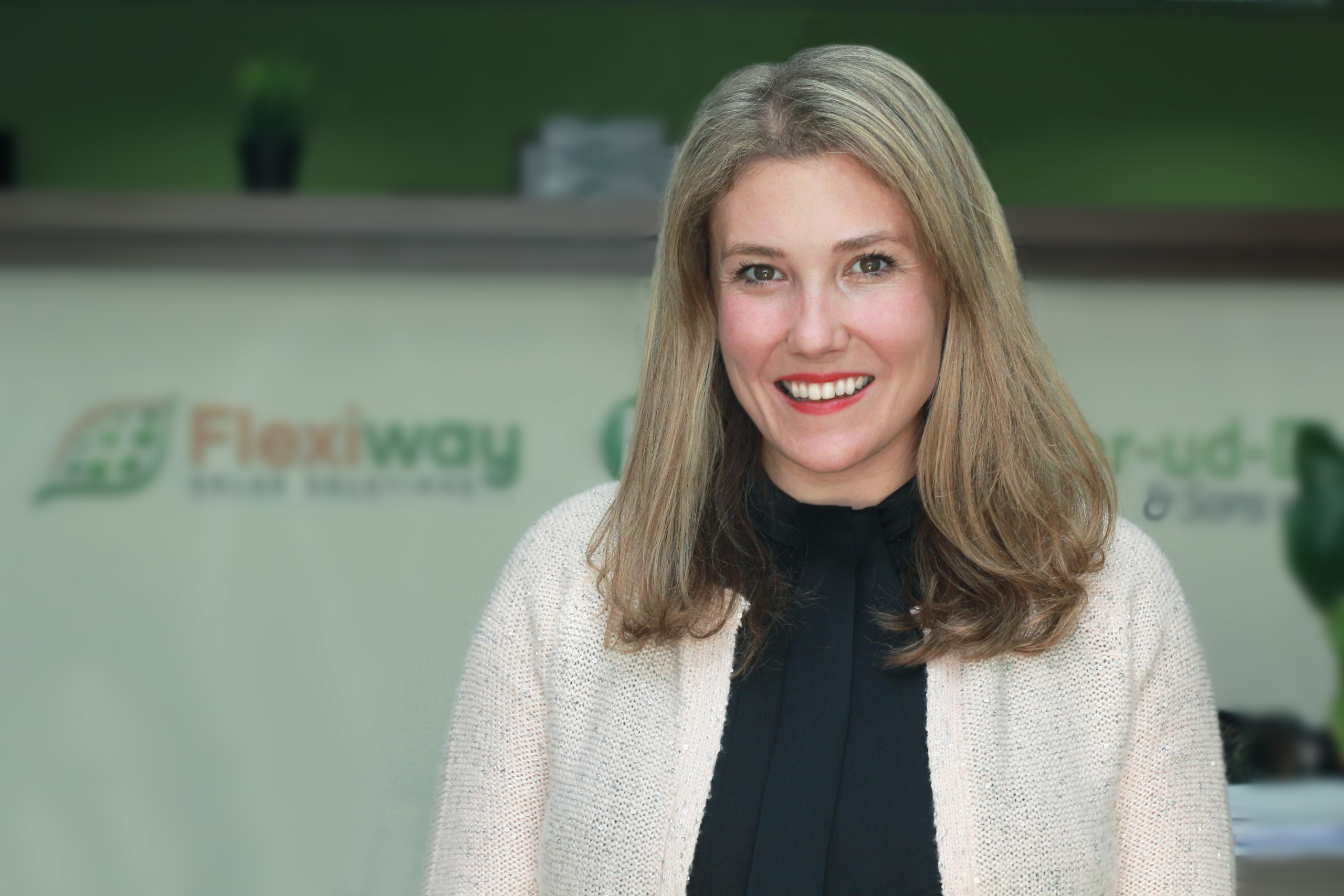Thinking Outside of the Tent: World Refugee Day

Photo by Jassmina.
This year’s World Refugee Day comes amidst the largest humanitarian crisis since World War Two. Equally as alarming, the United Nations (UN) agencies attempting to manage this crisis face a staggering $15bn finance shortfall. According to the UN High Commission for Refugees, one out of every 113 people is either a refugee, internally displaced, or seeking asylum. This number continues to grow and we need to pay attention.
We are taught to personalize their stories so that they resonate with a larger audience, but the world is already aware. We have seen their names and faces shared on Facebook, films and in articles. Yet in spite of this, the proverbial “now what?” still looms ominously around us. This year the UN hosted the first World Humanitarian Summit and made a global call to action to help deliver answers to the 23.1 million refugees scattered across the world. The private sector can play a unique role in delivering the answers.
The Private Sector Matters
Nine thousand participants, including 55 heads of state and representatives from civil society and the private sector, attended the World Humanitarian Summit. As part of NRS International, a company that designs and manufactures family tents, child-friendly spaces, hygiene kits and other core relief items, I was fortunate enough to witness first-hand the momentum gained by the 1,500+ commitments made there.
Here at NRS, we understood the magnitude of this Summit from the onset. As a supplier of humanitarian products, we knew it was critical that we understood the new dimensions and challenges facing the international community. To this end, we participated in the brainstorming sessions leading up to the Summit – beginning in our home city, Dubai – and continued the conversation over webinars all the way to Istanbul.
Nearly 400 hundred private sector partners attended the Summit, but NRS International was the only core relief supplier in attendance. This rare opportunity enabled us to discuss how the private sector can interact with donors, clients, and even beneficiaries in a more streamlined and impactful manner. As the expected move to more “local” aid solutions occurs, it is imperative that major suppliers adapt to this change and share lessons learned, resources, and the tools needed.
Empowering the Supply Chain
One way we believe that the private sector can support the Summit commitments is through the relief supply chain. When people think of emergency response or stockpiles of relief items, they immediately think of the beneficiaries or communities that will benefit. With supply chains reaching a variety of different contexts, we immediately recognized that empowering all of our stakeholders — from the women making water buckets in Pakistan to the mothers and wives in Syria using them in Jordan – held the key to making the most impact.
In recognition of this fact, we made commitments following the Summit centralized around four main themes: 1) achieving gender equality for women and girls, 2) improving emergency response, 3) better coordinating disaster risk management, and 4) support independent reporting.
As we work to deliver our commitments to our supply chain workers, we call on the broader business community to join us in this movement. It is equally critical that IT companies, SMEs, entrepreneurs and the broader private sector be engaged in this process, not just as entities providing financing but also as partners creating new tools. With initiatives bringing businesses together like GBC-Education and the Connecting Business Initiative launched at the World Humanitarian Summit, the private sector is coming together to better link skills and resources before, during and after emergencies.
Leading Example: Education Commitments
Of all the commitments made at the Summit, the education sector, agreed upon one of the largest initiatives agreed upon, thanks largely to the private sector. With 75 million children living in crisis or conflict and in desperate need of schooling, the Education Cannot Wait Fund was launched to support the delivery of quality education to all children in emergencies and protracted crises by 2030. Global Business Coalition for Education announced its intentions to mobilize $100 million for this mechanism in both financial and in-kind contributions.
The Way Forward
The buzzwords that continue to float around the international community’s dialogue – ‘innovation’ and ‘partnerships,’ – may seem mundane or overused. The truth is, though, they are not. In fact, they are exactly what is needed for the commitments at the Summit to be realized. On World Refugee Day, let us all me mindful of the 21.3 million refugees still in need of support. As a company that has been working in the humanitarian sector for over 40 years, we are confident that the Summit outcomes will allow all of us to to ‘think outside the tent’ as our own commitments come to fruition and the private sector continues to become more engaged.
 Ms. Nicole Malick is a CSR Manager for NRS International based in Dubai. She is an international social worker recognized for her ability to effectively design programs that address corporate social responsibility, gender empowerment, peace building, youth engagement and human trafficking. Nicole’s ten years of international experience, spans the Middle East, Asia, and East Africa with public, non-profit, social enterprise, and multi-national companies.
Ms. Nicole Malick is a CSR Manager for NRS International based in Dubai. She is an international social worker recognized for her ability to effectively design programs that address corporate social responsibility, gender empowerment, peace building, youth engagement and human trafficking. Nicole’s ten years of international experience, spans the Middle East, Asia, and East Africa with public, non-profit, social enterprise, and multi-national companies.
